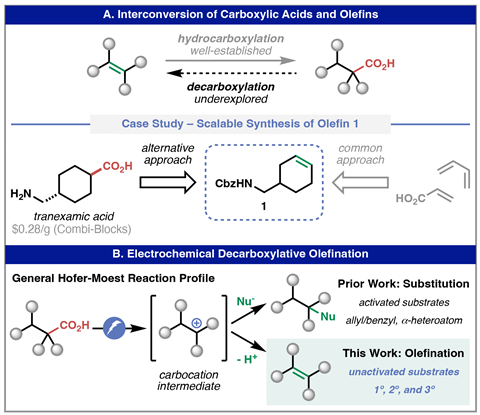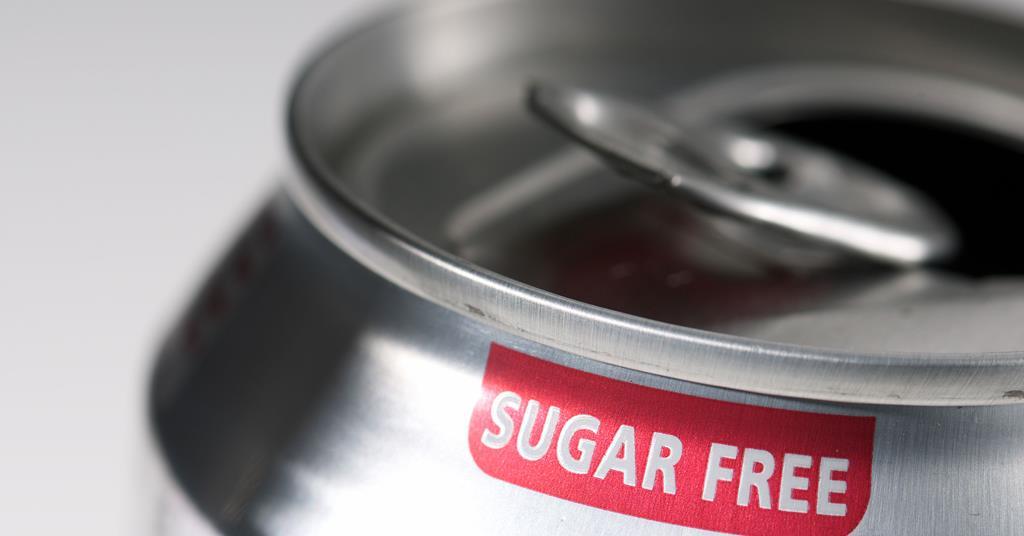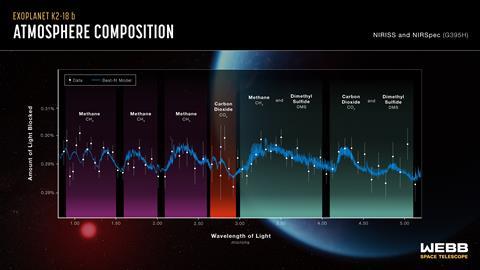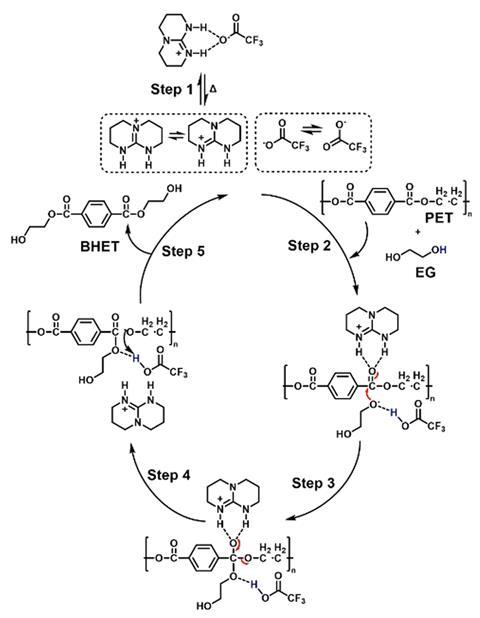A mild and scalable electrolysis of carboxylic acids can provide streamlined access to valuable alkene feedstocks at kilogram scale. Using rapidly alternating polarity (rAP), the team in teh US were able to boost the reaction performance and simultaneously expand the scope of these traditionally harsh reaction conditions to include pharmaceutically-relevant functional groups. Show Fullscreen Both […]
Read More








